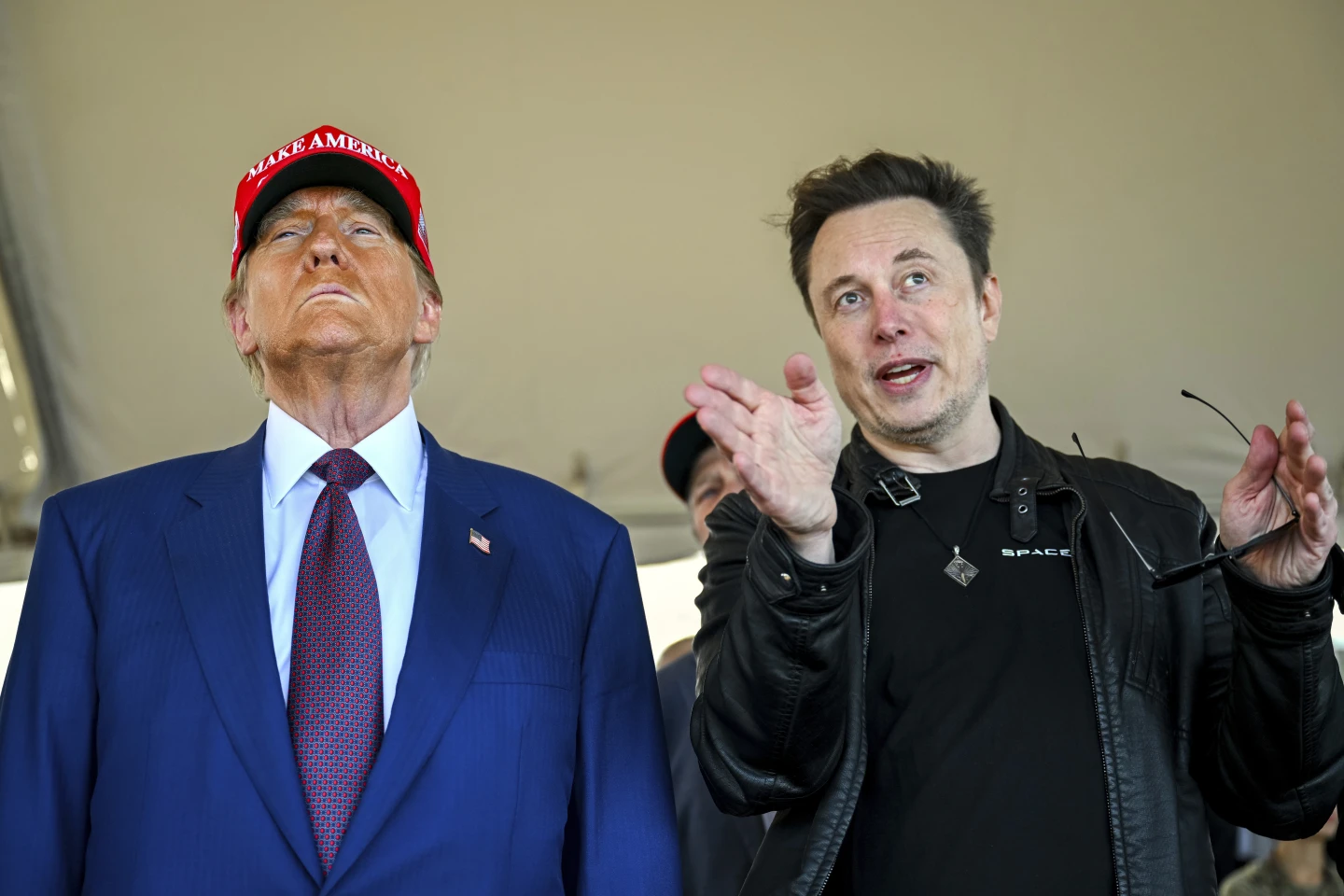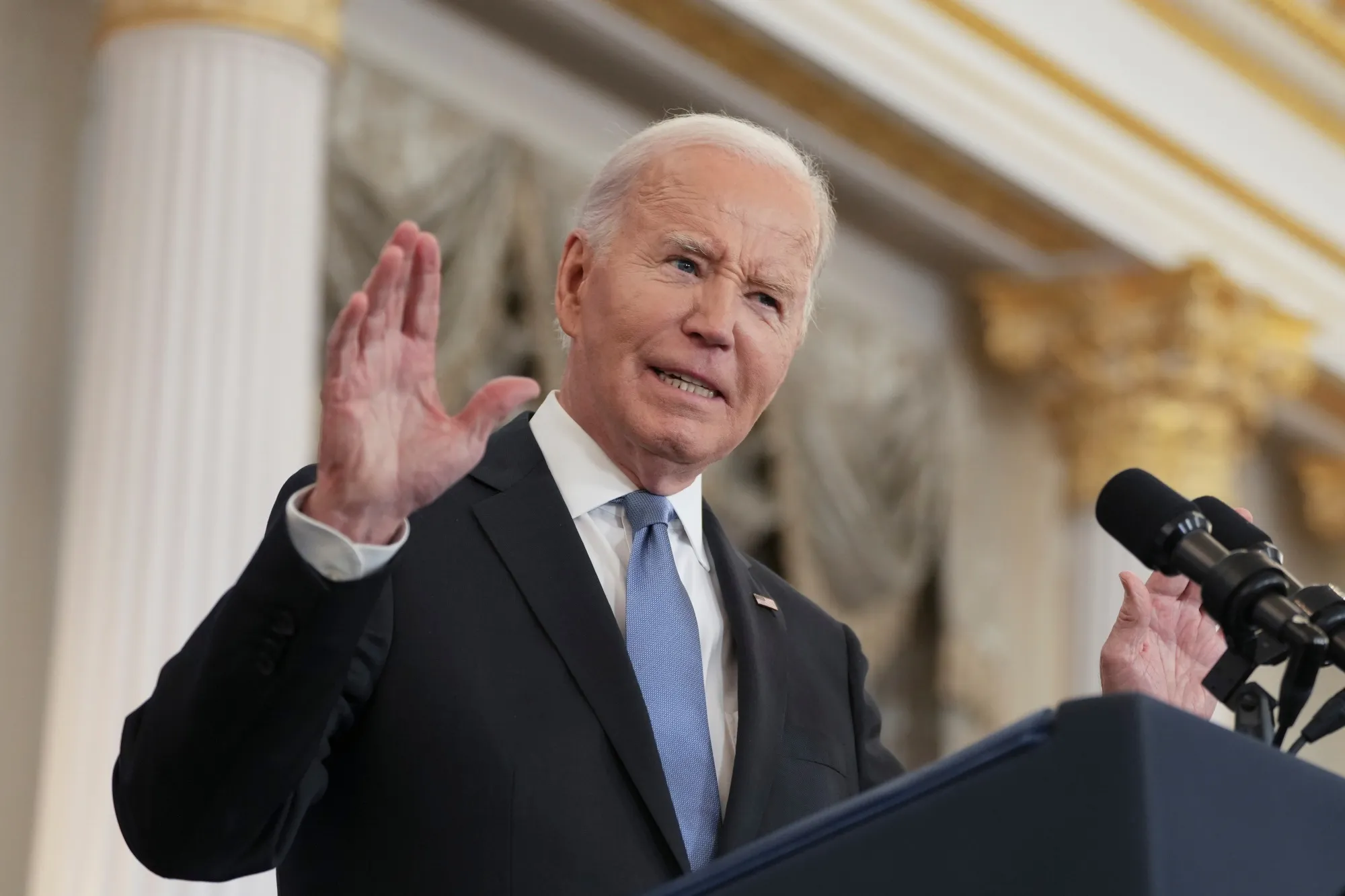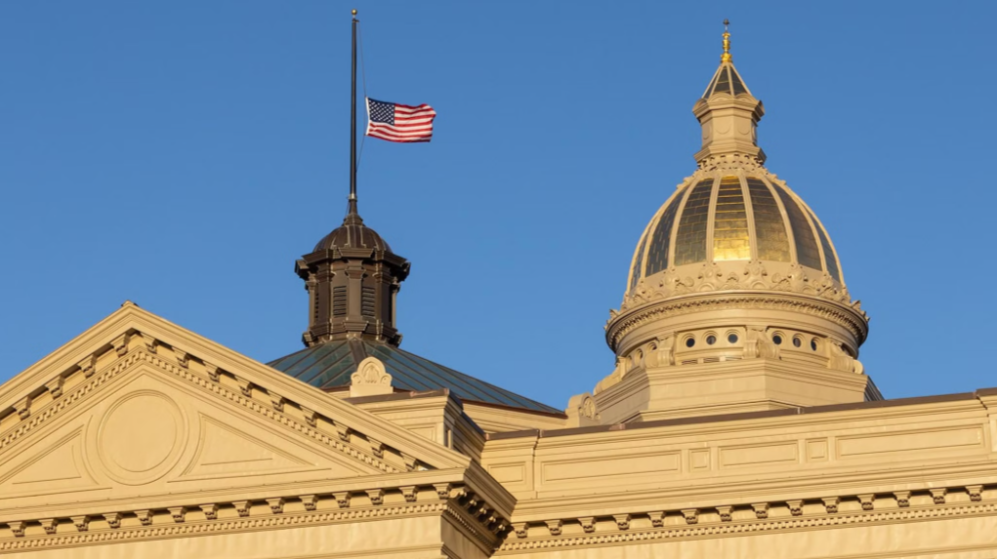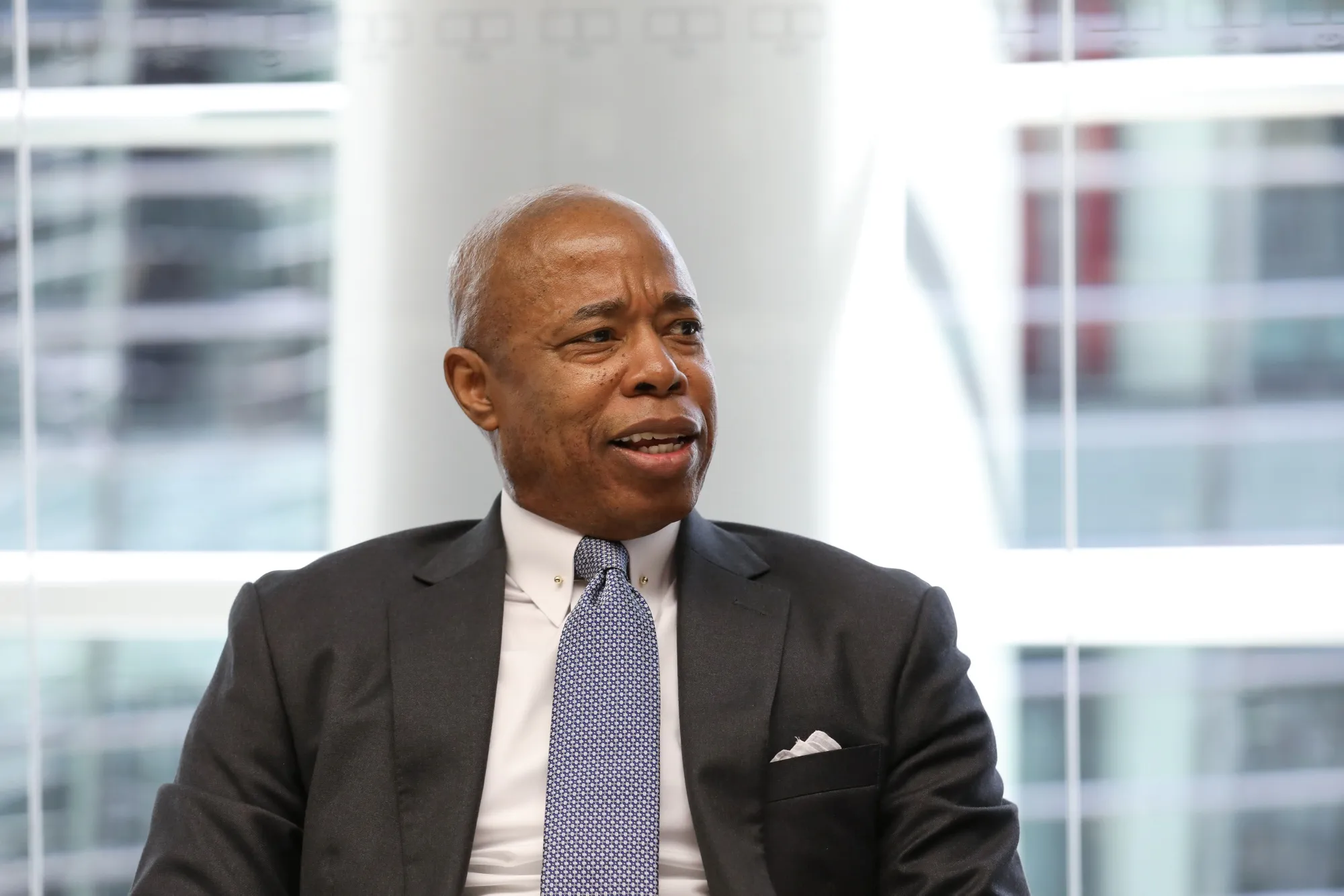Kamala Harris Vows to Decriminalize Marijuana Federally if Elected President
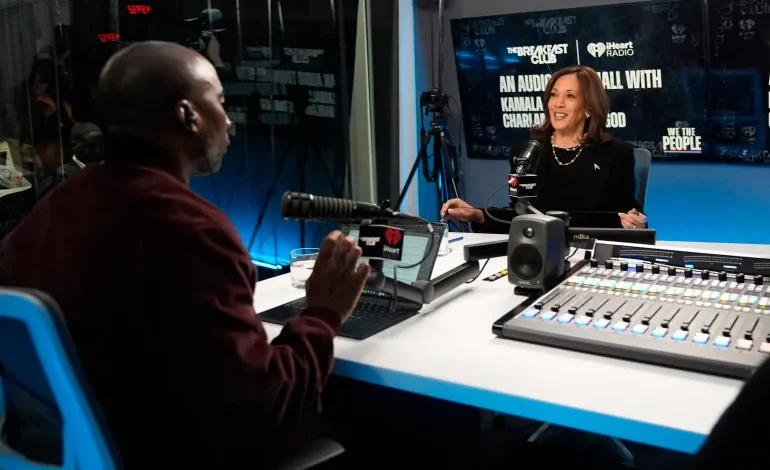
In light of the significant disparity in arrest and incarceration rates for Black men in the United States, Vice President Kamala Harris discussed her commitment to decriminalizing marijuana at a recent interview with Charlamagne Tha God, Al Jazeera reports.
Research from the Pew Research Center indicated that Black adults in 2020 faced incarceration rates five times higher than their white counterparts. Harris emphasized her intention to address this issue if elected president.
“My pledge is, as president, I will work on decriminalising it, because I know exactly how those laws have been used to disproportionately impact certain populations and specifically Black men.”
Currently, some 24 states have moved toward legalizing small amounts of marijuana for recreational use, yet it remains illegal federally. However, the Biden administration has taken steps to reduce penalties associated with marijuana-related offenses. Notably, in May, Biden’s Justice Department announced a reclassification of marijuana to a “schedule III drug,” which acknowledges its medical use and signifies a shift in federal stance regarding its dangers compared to substances like heroin.
Harris recalled her efforts as vice president to reclassify marijuana, positioning it away from its previous classification alongside highly dangerous drugs.
“As vice president, [I] have been a champion for bringing marijuana down on the schedule,” she asserted.
Critique of Trump’s Policies
Additionally, Harris did not shy away from confronting former President Donald Trump during the interview regarding his approach to policing and public safety. Trump has promoted strict crime policies that critics argue risk increasing police violence and infringing on civil liberties, including suggesting a “stop and frisk” approach, which allows police to search individuals based on “reasonable suspicion” of wrongdoing.
Harris highlighted the potential dangers associated with such policies, particularly their history of racially profiling individuals.
“My opponent would have a formalised stop and frisk policy, for which he has said, if a police department does not do it, they should be defunded.”
Harris under pressure
Harris’s radio town hall with Charlamagne came on the heels of her release of an “Opportunity Agenda for Black Men,” a strategy aimed at garnering Black voter support. This agenda proposed various initiatives, including marijuana decriminalization, cryptocurrency promotion, and one million forgivable loans for Black entrepreneurs.
Harris, if elected, would be the first woman and the first person of mixed Black and South Asian descent to hold the presidency. While she enjoys substantial support among Black Americans, some polls indicate a potential decline compared to the 2020 election. President Biden garnered 90 percent of the Black vote in 2020, whereas Harris, as his vice president, currently holds 76 percent support among Black voters in this year’s election. This gap is more pronounced among Black men, with only 69 percent backing her compared to 81 percent of Black women.
Trump’s efforts to gain traction within this demographic have included questioning Harris’s identity as a Black woman. During the town hall, Harris confronted questions about her commitment to the Black community, including one caller’s critique of her “lack of engagement” with the Black church. Harris vehemently denied this allegation, asserting her upbringing within the Black church and accusing the Trump campaign of spreading misinformation to undermine her connection to the community.


